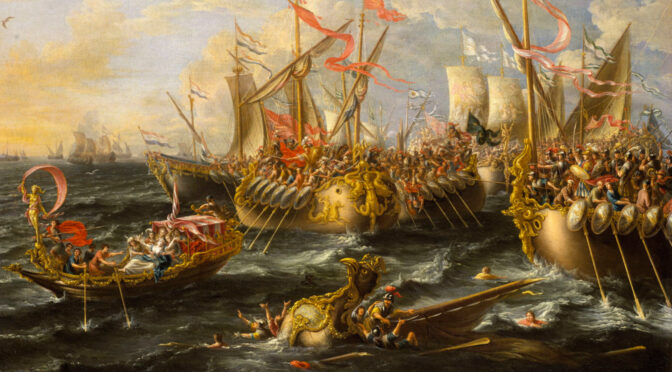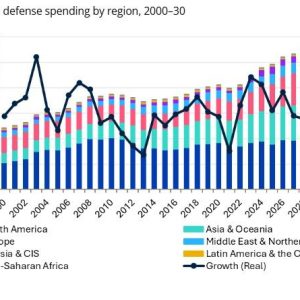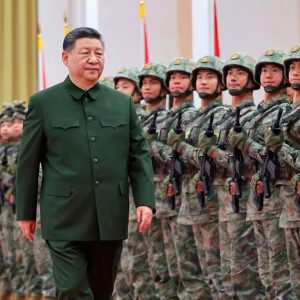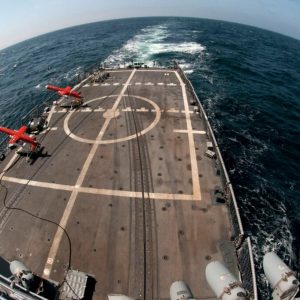Subtle intellect remains the most essential trait for individuals shaping maritime power. Yet the acquisition of maritime wisdom is not an overnight endeavor; it is cultivated through sustained engagement with centuries of thought, strategic practice, and the lived experiences of sailors, commanders, and statesmen. Renowned strategists and thinkers—Sun Tzu, Thucydides, Kautilya, Niccolò Machiavelli, Carl von Clausewitz, Admiral Alfred Thayer Mahan, Sir Julian Corbett, Admiral Raoul Castex, Admiral Sergei Gorshkov, and Admiral Wegener—have profoundly influenced the evolution of land, air, and maritime strategies. Their intellectual contributions continue to shape doctrines and national security concepts. For naval officers in the 21st century, engaging with this reservoir of wisdom and embedding it into their professional ethos is vital for addressing both traditional and non-traditional threats.
Strategic wisdom across civilizations
Among the earliest military thinkers, Sun Tzu authored The Art of War approximately 2,500 years ago. Inscribed on bamboo strips, the treatise explored planning, espionage, terrain, and the concepts of strength and weakness. Written during the Spring and Autumn Period (770–476 BCE), Sun Tzu’s reflections remain central to modern military education and provide timeless lessons for maritime planning.
Thucydides, the Athenian historian, documented the Peloponnesian War (431–404 BCE). His History of the Peloponnesian War endures as a foundation of political realism. The Spartan victory over Athens underscored the perils of imperial overreach, while his analysis of fear, honor, and interest still informs international relations today—from Cold War nuclear rivalries to Gulf and post-9/11 conflicts.
In India, Kautilya’s Arthashastra (c. 3rd century BCE) offered a comprehensive guide to statecraft, diplomacy, and warfare. Its “Six-Fold Policy”—alliance, neutrality, hostility, preparedness, protection, and dual policy—demonstrates a pragmatic approach to international relations. In the Indo-Pacific maritime environment, Kautilya’s doctrines on preparedness and alliance-building retain powerful relevance.
During the Renaissance, Niccolò Machiavelli articulated the centrality of war in governance. His Prince emphasized that rulers who neglected military study doomed their states. His call for discipline, adaptability, and preparation continues to resonate for modern naval officers confronting shifting strategic environments.
Maritime classics of the modern age
In the 19th century, Carl von Clausewitz reframed conflict as the “continuation of politics by other means.” His On War elevated the political dimension of war, reminding navies that maritime operations must remain consistent with national policy goals. Clausewitz’s framing provides the intellectual foundation for modern concepts such as deterrence and limited war.
Later, Alfred Thayer Mahan transformed global strategy with The Influence of Sea Power upon History (1890). Mahan argued that decisive control of the sea and maritime commerce was the cornerstone of global dominance. His ideas drove naval expansions across the United States, Britain, Germany, and Japan, embedding sea power into grand strategy.
Sir Julian Corbett, meanwhile, emphasized maritime strategy as inherently tied to joint operations, underlining that navies serve national interests by enabling and shaping campaigns on land. In the 20th century, Gorshkov and Castex reinforced maritime strategy within Cold War dynamics, stressing fleets not as isolated forces but as geopolitical instruments.
Relevance for the 21st century
From antiquity to modernity, these thinkers demonstrate that maritime wisdom transcends geography and centuries. It is not confined to seamanship or naval hardware but represents an intellectual tradition combining politics, economics, and military art. For today’s officers, this tradition is crucial not only for high-end conventional conflict but also for piracy, illegal fishing, climate insecurity, cyber threats, and hybrid tactics at sea.
The United States’ new Chief of Naval Operations, for instance, faces the cognitive challenge of preparing a force able to integrate emerging technologies into traditional doctrine. Knowledge alone is insufficient; intellect must be sharpened through education, reflection, and application of classical wisdom. By embedding these traditions into naval academies and war colleges, sailors become not merely operators of ships, but custodians of enduring strategic insight.
“Sea power is not just about fleets—it is about the ideas, discipline, and statecraft that animate their use.”
Conclusion
Maritime wisdom remains an indispensable compass for navigating today’s complex naval environment. By embracing the teachings of classical strategists alongside modern realities, navies ensure that they preserve continuity with an intellectual tradition that has guided humanity’s relationship with the sea for millennia. As hybrid threats intensify and geopolitical competition deepens, the cultivation of subtle intellect—rooted in strategic history—will remain the decisive factor shaping maritime power.
Key Facts
- Maritime wisdom spans from Sun Tzu to Mahan and beyond.
- Naval strategy fuses politics, economics, and military art.
- Modern threats demand classical insight adapted to hybrid domains.
- Education and cognitive preparation are essential for naval leadership.
References
- CIMSEC – Navigate the Future Through Maritime Wisdom
- U.S. Naval War College – Maritime Strategy Resources
- NATO – Allied Maritime Strategy












